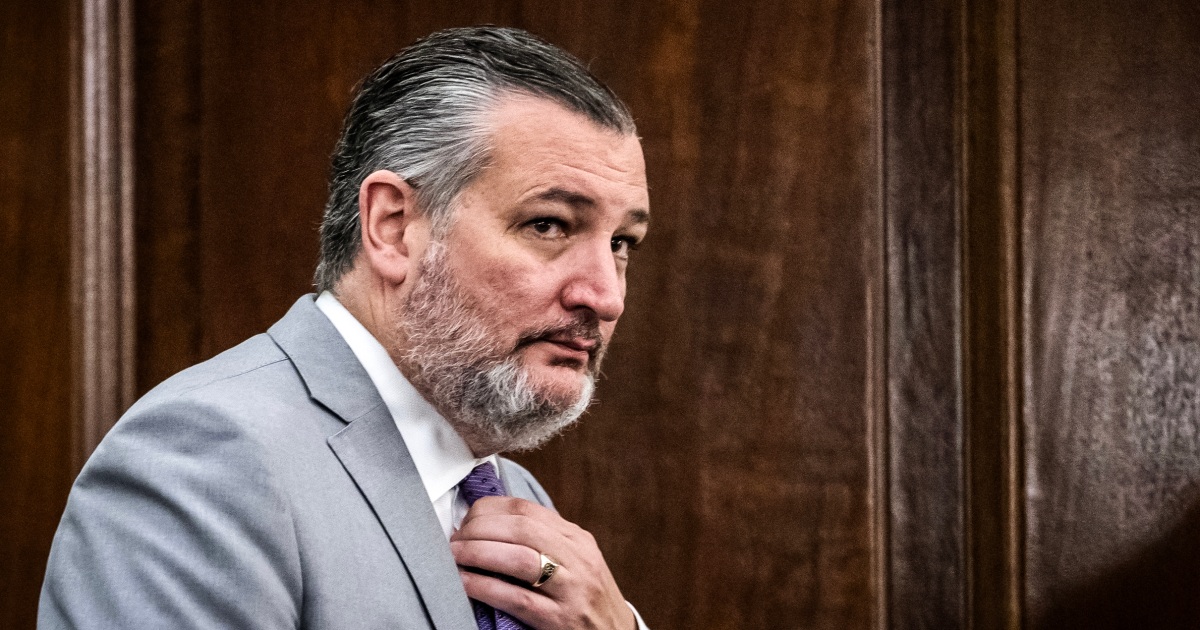Why Did NATO Scramble Fighter Jets Against Russian Warplanes Over Estonia?

Published: 2025-09-19 19:44:46 | Category: News
As tensions continue to rise in Eastern Europe, the ongoing conflict in Ukraine has significant implications for regional security, with heightened concerns regarding Russia's aggressive posture. European leaders, particularly from the Baltic states, are increasingly alarmed by recent incursions into NATO airspace and the apparent lack of progress in diplomatic efforts to negotiate peace. This article explores the latest developments in the Ukraine conflict, NATO's response, and the broader implications for European security.
Last updated: 29 October 2023 (BST)
Key Takeaways
- Estonia has formally requested NATO consultations under Article 4 of the alliance's treaty due to security threats from Russia.
- The UK has reaffirmed its commitment to Estonia and NATO, contributing fighter jets to enhance Eastern European air defence.
- MI6's chief suggests that President Putin is unlikely to pursue genuine peace negotiations, viewing his actions as imperialistic.
- Recent violations of NATO airspace by Russia have raised alarm among member states, intensifying calls for unity and preparedness.
- The conflict in Ukraine shows no sign of resolution as both sides remain entrenched in their positions.
Escalating Tensions in Eastern Europe
The conflict in Ukraine, which began with Russia's annexation of Crimea in 2014, has escalated dramatically since the full-scale invasion in February 2022. Recent developments have rattled European governments, particularly those in close proximity to Russia. Estonia's Prime Minister Kristen Michal announced a request for NATO to invoke Article 4, highlighting the perceived threat to territorial integrity and security that Russia poses not only to Ukraine but to surrounding nations.
Article 4 of the NATO treaty allows member states to consult together when their security is perceived as threatened. This provision underscores the seriousness with which Estonia regards the recent breaches of airspace by Russian military aircraft. Prime Minister Michal's request signifies a call for solidarity among NATO allies and increased vigilance against potential aggression from Russia.
NATO's Response to Russian Aggression
The UK's Defence Secretary John Healey has echoed the sentiments of other NATO leaders, affirming that Russia's actions are part of a broader pattern of aggression. He referred to the violations as "yet another edition of the Putin playbook," indicating a long-standing strategy of intimidation and expansionism by the Kremlin. The UK has committed to bolstering its military presence in Eastern Europe, deploying around 1,000 armed forces personnel to Estonia under Operation Cabrit, aimed at enhancing regional stability.
Furthermore, the UK is contributing fighter jets to NATO's new Eastern Sentry mission, which aims to strengthen air defence capabilities on the alliance's eastern flank. This proactive stance illustrates NATO's commitment to collective security and deterrence against further Russian incursions. The unity within NATO is becoming increasingly vital as member states face a common threat.
The Role of Intelligence in Understanding Russian Intentions
Richard Moore, the chief of MI6, has provided insights into the mindset of Russian President Vladimir Putin, suggesting that there is "absolutely no evidence" that he seeks a genuine peace deal in Ukraine. Moore characterises Putin's approach as one of imperial ambition, intent on expanding Russian influence at any cost. This characterisation aligns with growing suspicions among Western leaders that Putin is using diplomatic overtures as a tactic to buy time rather than to pursue real negotiations.
Moore's assertion that "Putin has bitten off more than he can chew" highlights the unexpected resilience of Ukrainian forces, which have mounted a staunch defence against the overwhelming odds presented by the Russian military. This perspective is crucial for understanding the current dynamics of the conflict and the motivations behind each side's actions.
Diplomatic Efforts and Their Challenges
The ongoing war has persisted for over three years, with numerous attempts at ceasefire and peace negotiations falling flat. While Ukraine has expressed willingness to engage in dialogue, Russia's reluctance to commit to meaningful discussions raises questions about the future of peace efforts. US President Donald Trump, during a recent visit to the UK, expressed disappointment in Putin's lack of cooperation in peace negotiations, further complicating the already tenuous diplomatic landscape.
The uncertainty surrounding US foreign policy under the Trump administration has also contributed to anxiety among NATO members. Concerns have been raised regarding the commitment to collective defence, particularly following a recent drone incursion into Poland that went largely unaddressed by Washington. This lack of decisive action has left many NATO countries questioning the reliability of their ally, especially in the face of potential Russian aggression.
Impact on Regional Security and Unity
The situation in Ukraine is not just a localised conflict; it has broader implications for European security and the unity of NATO. The Baltic states—Estonia, Latvia, and Lithuania—have historically been at the forefront of advocating for a strong response to Russian provocations. Their geographical proximity to Russia makes them particularly vulnerable, and their unwavering support for Ukraine is a testament to their commitment to collective security.
As NATO members grapple with the reality of a resurgent Russia, the importance of unity cannot be overstated. The alliance's ability to present a cohesive front is essential in deterring further aggression and ensuring the safety of its member states. The recent violations of NATO airspace serve as a reminder that the threat is real and immediate, necessitating a robust response from the alliance.
Looking Ahead: What Comes Next?
While the immediate future of the conflict remains uncertain, the trajectory suggests that both sides will remain entrenched in their positions. Russia's continued military activity in the region, coupled with the steadfast resolve of Ukraine and its allies, points to a protracted conflict. The international community must remain vigilant and responsive to developments, particularly as the winter months approach, which historically have impacted military operations.
As NATO prepares to bolster its presence in Eastern Europe, the question of how to effectively deter Russian aggression while supporting Ukraine's sovereignty will be at the forefront of discussions among member states. The stakes are high, and the need for a comprehensive strategy that balances military readiness with diplomatic outreach is critical.
FAQs
What is Article 4 of the NATO treaty?
Article 4 allows NATO member states to consult together when they perceive a threat to their territorial integrity, political independence, or security. It is designed to foster dialogue and cooperation among allies in times of crisis.
What actions has the UK taken to support Estonia?
The UK has deployed approximately 1,000 armed forces personnel to Estonia as part of Operation Cabrit and committed fighter jets to NATO's Eastern Sentry mission to enhance air defence capabilities in the region.
Why is there concern over Russian incursions into NATO airspace?
Incursions into NATO airspace are viewed as aggressive acts that challenge the security and territorial integrity of member states. They raise alarms about potential military escalation and the need for a unified response from NATO allies.
What is the current status of peace negotiations in Ukraine?
Peace negotiations have stalled, with Ukraine expressing willingness to engage in dialogue while Russia remains uncommitted to meaningful discussions. The situation is further complicated by military actions on both sides.
How does the conflict in Ukraine affect European security?
The conflict poses a significant threat to European security, particularly for countries near Russia. It has reinforced the importance of NATO unity and collective defence as member states confront the reality of Russian aggression.
The developments in Ukraine and the surrounding regions underscore the complexities of modern geopolitics. As tensions remain high, the focus on unity and preparedness among NATO allies is paramount. How will the international community navigate these challenges in the coming months? #NATO #UkraineConflict #EuropeanSecurity



